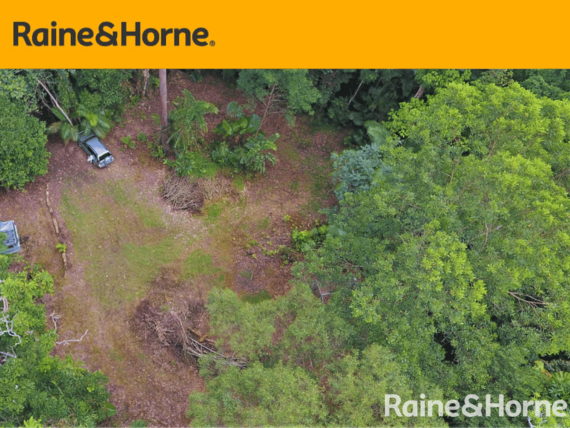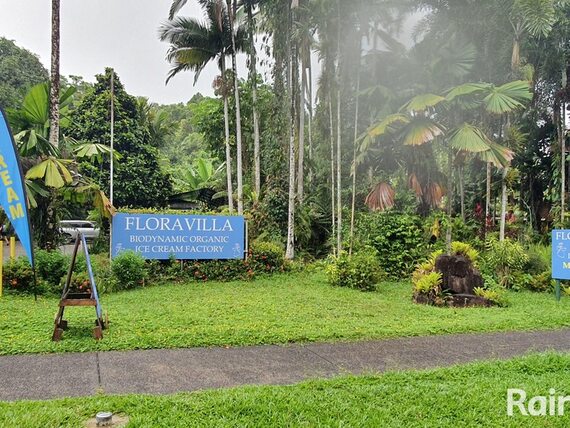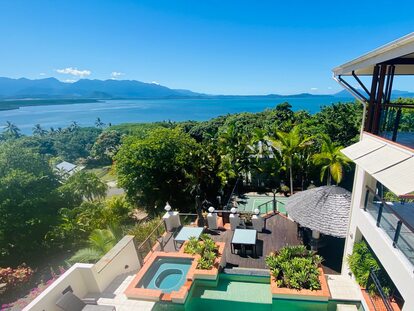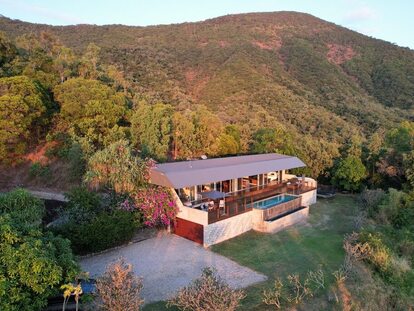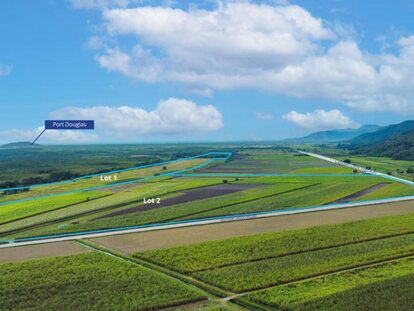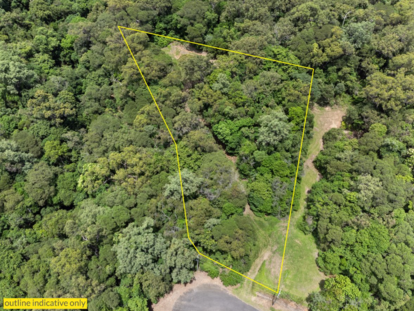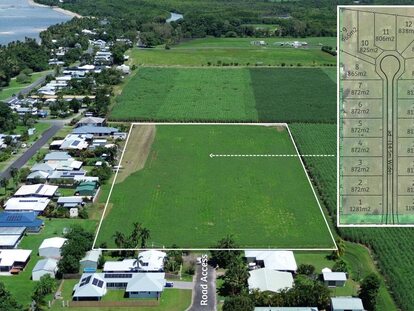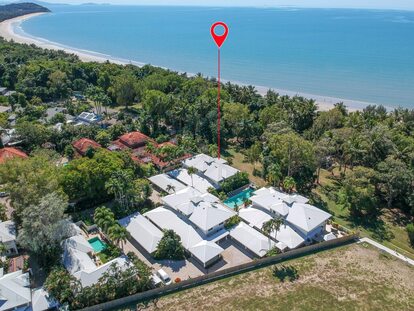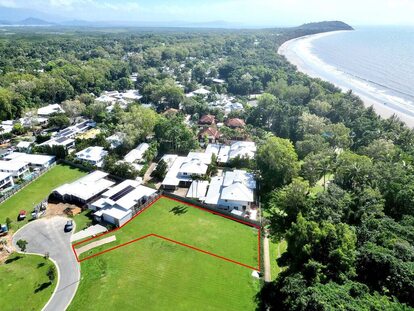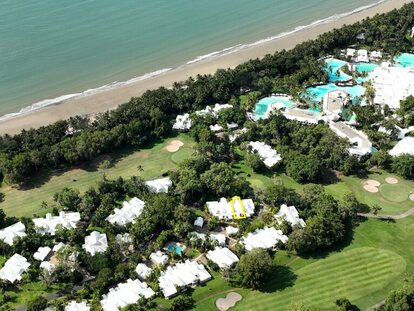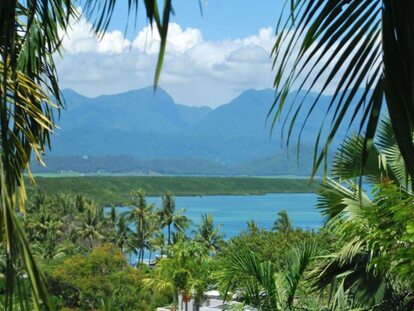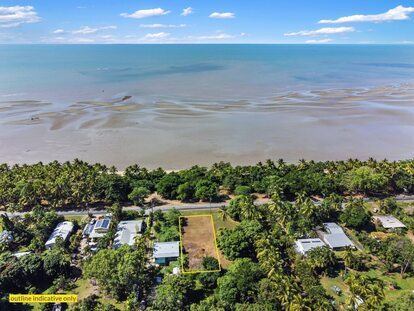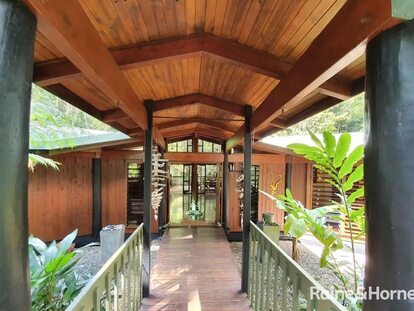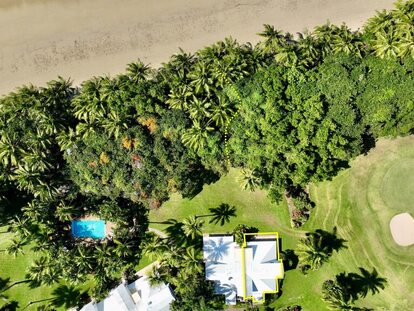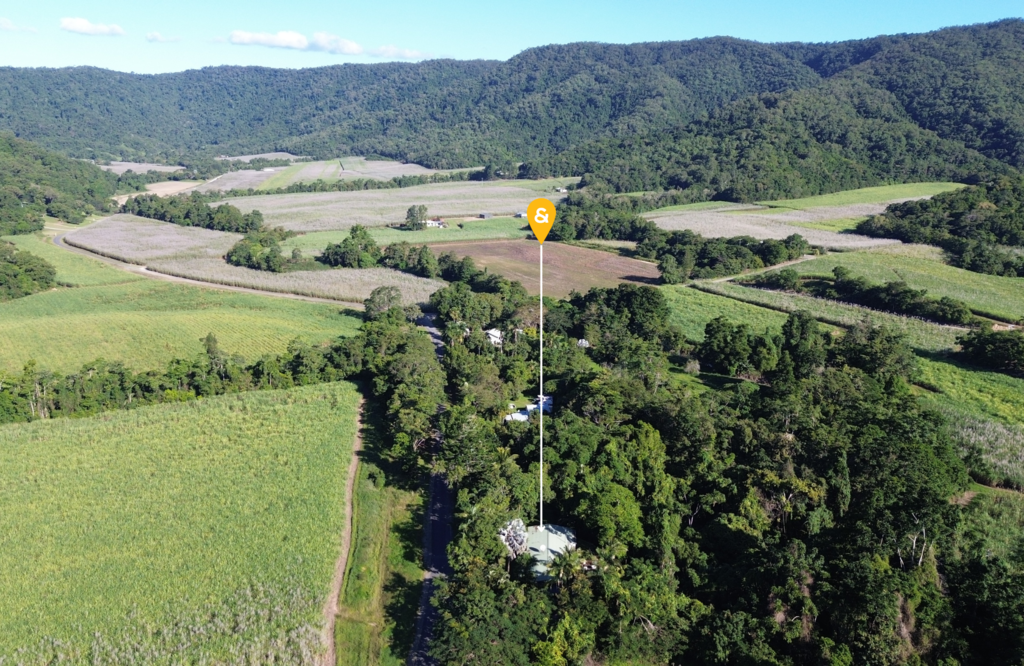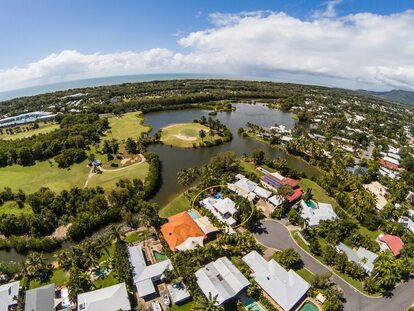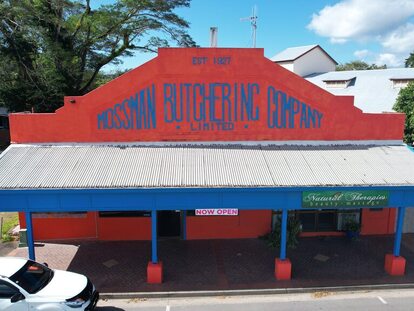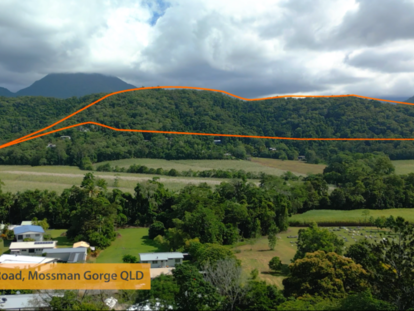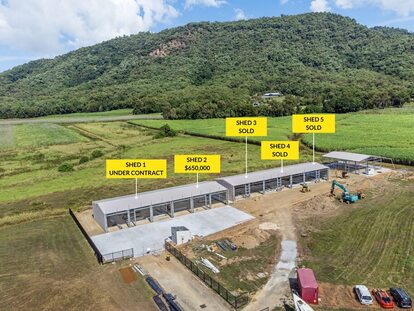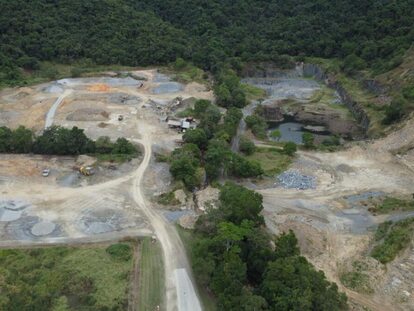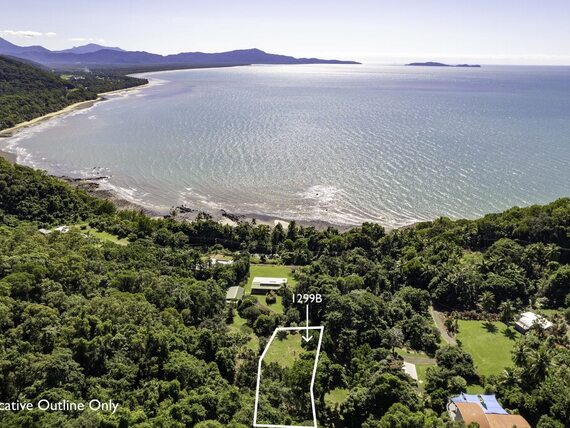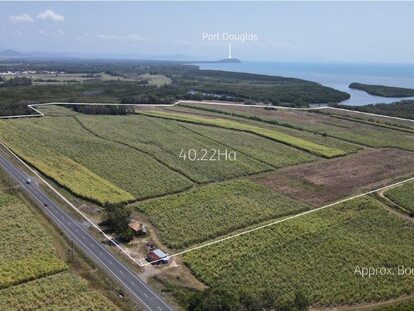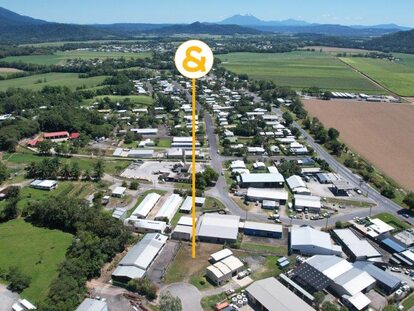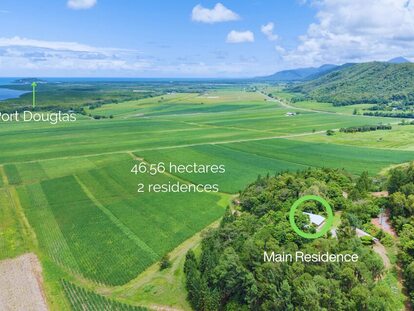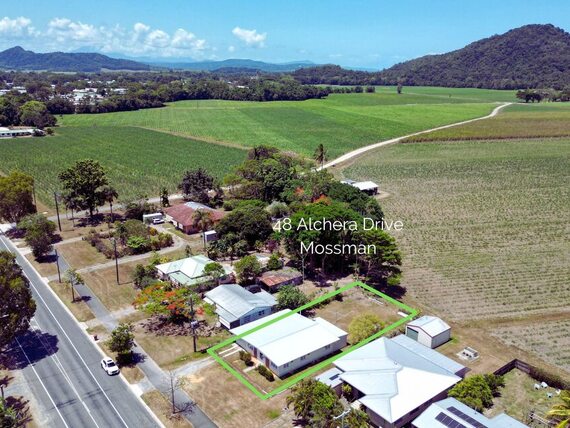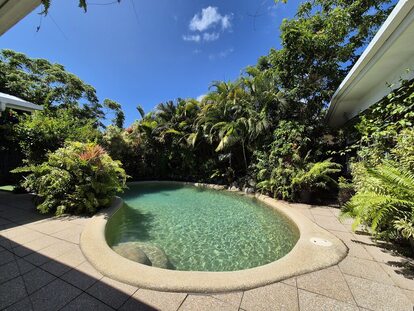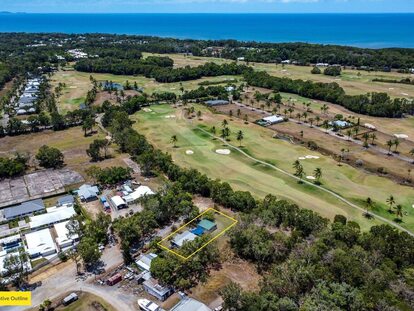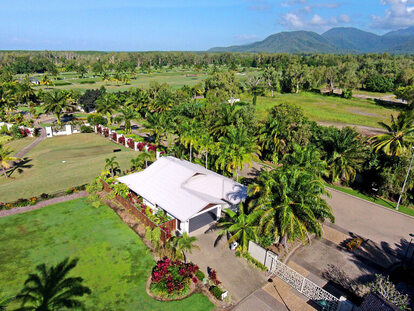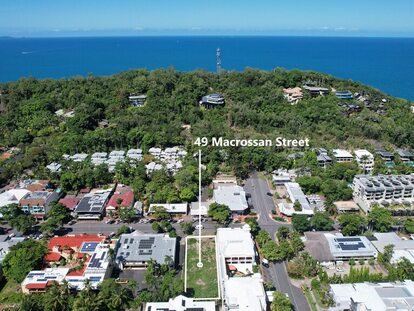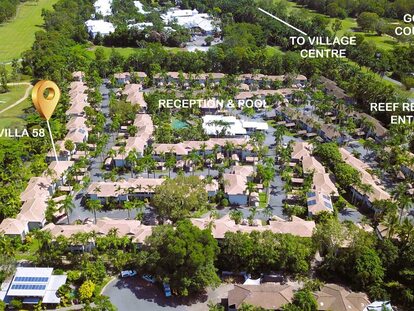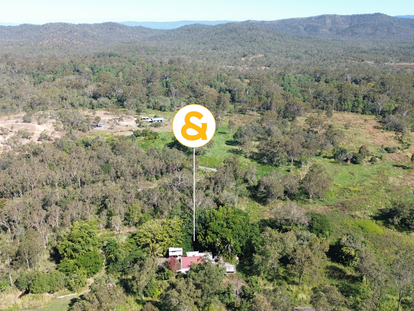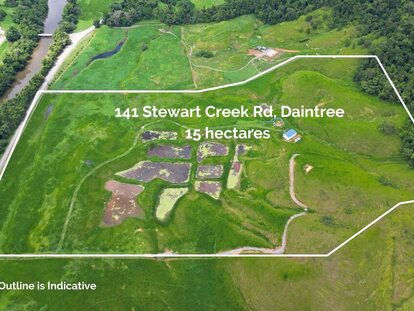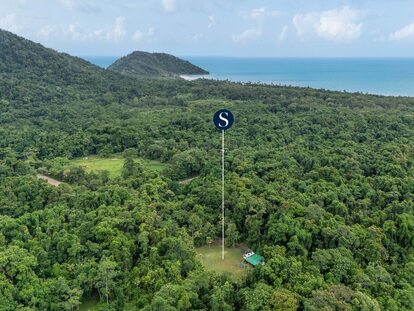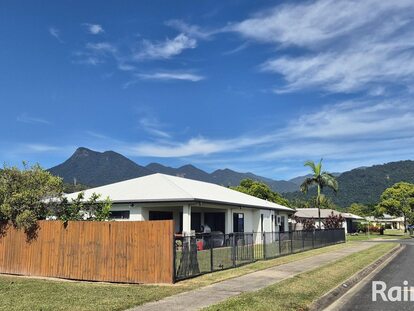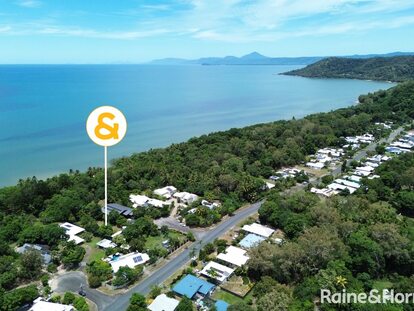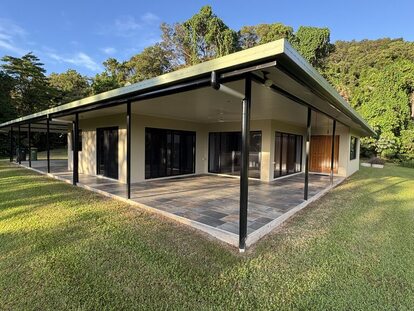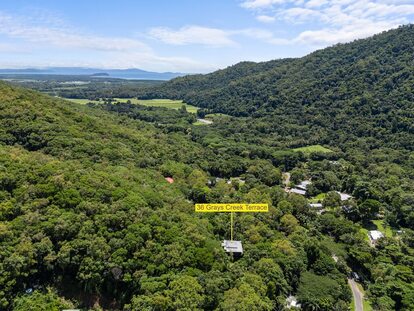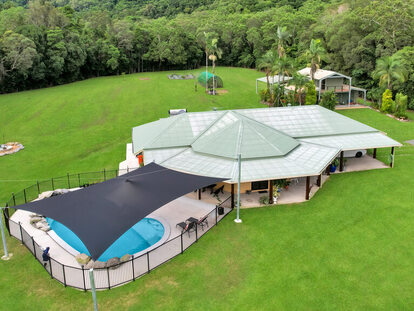|
(
43
)
|
Date
|
Start time
|
End time
|
Event name
|
Event description
|
Location
|
Cost
|
Website link
|
Event contact phone
|
Event contact email
|
Category (Maximum of 4 categories)
|
Terms and conditions
|
Name
|
Email
|
Phone
| |
|---|
| 1. |
Saturday 26 April 2025
2025-04-26T00:00:00+10:00
|
4 PM
|
6 PM
|
Level Up Your Vibes & Dance
|
High Vibrational Connection with Kirtan, following with timeless Ecstatic Dance!
The 2-hour journey will guide you through a joyful musical meditation practice that clears the mind, opens the heart and transforms negative emotions into a sense of contentment and peace.
|
Yoga in The Tropics Studio - beach end Macrossan St
|
$55
|
https://yogainthetropics.com/events
|
0438117486
|
[email protected]
|
Arts & Culture, Community Event, Live Entertainment, Major Event, Sport Event, Workshop or Training
| |
Petra
|
[email protected]
|
0438117486
| |
| 2. |
Tuesday 15 April 2025
2025-04-15T00:00:00+10:00
|
10 AM
|
10.45 (11) AM
|
Kids Easter Yoga & Mindfulness
|
Yoga, Dance, Sing, Move, and Be Mindful. Offering for school kids.
|
Port Douglas Neighborhood Center
|
donation
|
www.yogainthetropics.com
|
0438117486
|
[email protected]
|
Arts & Culture, Community Event, Family Event, Free Event, Workshop or Training
| |
Petra
|
[email protected]
|
0438117486
| |
| 3. |
Sunday 13 April 2025
2025-04-13T00:00:00+10:00
|
4 PM
|
5.30 PM
|
Kirtan Meditation through Music
|
Donation based Meditation event to increase your frequency and quality of life.
|
Yoga in The Tropics Studio - beach end Macrossan St
|
donation
|
https://yogainthetropics.com/events
|
0438117486
|
[email protected]
|
Arts & Culture, Community Event, Family Event, Free Event, Live Entertainment, Workshop or Training
| |
Petra
|
[email protected]
|
0438117486
| |
| 4. |
Sunday 6 April 2025
2025-04-06T00:00:00+10:00
|
1:00pm
|
4:00pm
|
Shannon Hunter @ Ellis Beach Bar & Grill
|
It's Sunday Live Music at Ellis Beach Bar & Grill 1pm - 4pm with Shannon Hunter!
Shannon is a Solo musician with influences from the folk scene, the reggae scene and a little bit of blues. With an arsenal of instruments at his fingertips, including the acoustic guitar, Didgeridoo, foot percussion, and harmonica, Shannon takes his audience on an intensely personal journey that they'll never forget.
What else is on?
• $2 Oysters available 1pm to 4pm unless sold out earlier
Don't feel like driving? Our courtesy bus will be operating 12:00pm - 6:00pm with pickups from Palm Cove, Clifton Beach, Kewarra Beach* & Trinity Beach*; Just call when you're ready to go!
*5 people or more
Check out our website for upcoming events, menus, specials and more!
https://ellisbeachbarandgrill.com.au/live-music-ellis-beach-cairns/
|
Ellis Beach Bar & Grill
| |
https://www.entertainmentcairns.com/ellis-beach-bar-grill
|
40553534
| |
Free Event, Live Entertainment
| |
Jesse
|
[email protected]
|
0458556237
| |
| 5. |
Saturday 5 April 2025
2025-04-05T00:00:00+10:00
|
5:30pm
|
8:30pm
|
The Ultimate 80's show with Tropic Thunder!
|
Join us for a fantastic afternoon of 80's music with Tropic Thunder!
Live at Ellis Beach Bar & Grill on the 5th April. It's going to be one jam packed night full of hits you're not going to want to miss!
Courtesy bus available on the night: 4055 3534
|
Ellis Beach Bar & Grill
| |
https://www.entertainmentcairns.com/ellis-beach-bar-grill
|
40553534
| |
Free Event, Live Entertainment
| |
Jesse
|
[email protected]
|
0458556237
| |
| 6. |
Friday 4 April 2025
2025-04-04T00:00:00+10:00
|
5:30pm
|
8:30pm
|
Christine Ukulele & Leon @ Ellis Beach Bar & Grill
|
It's Friday Night Live Music at Ellis Beach Bar & Grill 5:30pm - 8:30pm with Christina Ukulele and Leon!
They're bringing you Summery, Fresh and Groovy sounds to finish off the week.
What else is on?
• $35 Rump Steak and Schooner or House Wine. From 12 – 8pm
Don't feel like driving? Our courtesy bus will be operating 5:00pm - 9:00pm with pickups from Palm Cove, Clifton Beach, Kewarra Beach* & Trinity Beach*; Just call when you're ready to go!
*5 people or more
Check out our website for upcoming events, menus, specials and more!
https://ellisbeachbarandgrill.com.au/live-music-ellis-beach-cairns/
|
Ellis Beach Bar & Grill
| |
https://www.entertainmentcairns.com/ellis-beach-bar-grill
|
40553534
| |
Free Event, Live Entertainment
| |
Jesse
|
[email protected]
|
0458556237
| |
| 7. |
Thursday 26 June 2025
2025-06-26T00:00:00+10:00
|
7:00pm
|
9:00pm
|
Bingo
|
Enjoy a fun night of Bingo with your friends at Club Mossman. Cost $1 - $5 depending on book size. Bistro is open from 5:30pm and bookings can be made via our website clubmossman.com.au
|
Club Mossman
|
$1-$15 according to book size
|
www.clubmossman.com.au
|
0740981434
|
[email protected]
|
Trivia & Games
| |
Melissa Di Pietro
|
[email protected]
|
0740981434
| |
| 8. |
Thursday 12 June 2025
2025-06-12T00:00:00+10:00
|
7:00pm
|
9:00pm
|
Bingo
|
Enjoy a fun night of Bingo with your friends at Club Mossman. Cost $1 - $5 depending on book size. Bistro is open from 5:30pm and bookings can be made via our website clubmossman.com.au
|
Club Mossman
|
$1-$15 according to book size
|
www.clubmossman.com.au
|
0740981434
|
[email protected]
|
Trivia & Games
| |
Melissa Di Pietro
|
[email protected]
|
0740981434
| |
| 9. |
Thursday 29 May 2025
2025-05-29T00:00:00+10:00
|
7:00pm
|
9:00pm
|
Bingo
|
Enjoy a fun night of Bingo with your friends at Club Mossman. Cost $1 - $5 depending on book size. Bistro is open from 5:30pm and bookings can be made via our website clubmossman.com.au
|
Club Mossman
|
$1-$15 according to book size
|
www.clubmossman.com.au
|
0740981434
|
[email protected]
|
Trivia & Games
| |
Melissa Di Pietro
|
[email protected]
|
0740981434
| |
| 10. |
Thursday 15 May 2025
2025-05-15T00:00:00+10:00
|
7:00pm
|
9:00pm
|
Bingo
|
Enjoy a fun night of Bingo with your friends at Club Mossman. Cost $1 - $5 depending on book size. Bistro is open from 5:30pm and bookings can be made via our website clubmossman.com.au
|
Club Mossman
|
$1-$15 according to book size
|
www.clubmossman.com.au
|
0740981434
|
[email protected]
|
Trivia & Games
| |
Melissa Di Pietro
|
[email protected]
|
0740981434
| |
| 11. |
Thursday 1 May 2025
2025-05-01T00:00:00+10:00
|
7:00pm
|
9:00pm
|
Bingo
|
Enjoy a fun night of Bingo with your friends at Club Mossman. Cost $1 - $5 depending on book size. Bistro is open from 5:30pm and bookings can be made via our website clubmossman.com.au
|
Club Mossman
|
$1-$15 according to book size
|
www.clubmossman.com.au
|
0740981434
|
[email protected]
|
Trivia & Games
| |
Melissa Di Pietro
|
[email protected]
|
0740981434
| |
| 12. |
Thursday 17 April 2025
2025-04-17T00:00:00+10:00
|
7:00pm
|
9:00pm
|
Bingo
|
Enjoy a fun night of Bingo with your friends at Club Mossman. Cost $1 - $5 depending on book size. Bistro is open from 5:30pm and bookings can be made via our website clubmossman.com.au
|
Club Mossman
|
$1-$15 according to book size
|
www.clubmossman.com.au
|
0740981434
|
[email protected]
|
Trivia & Games
| |
Melissa Di Pietro
|
[email protected]
|
0740981434
| |
| 13. |
Thursday 3 April 2025
2025-04-03T00:00:00+10:00
|
7:00pm
|
9:00pm
|
Bingo
|
Enjoy a fun night of Bingo with your friends at Club Mossman. Cost $1 - $5 depending on book size. Bistro is open from 5:30pm and bookings can be made via our website clubmossman.com.au
|
Club Mossman
|
$1-$15 according to book size
|
www.clubmossman.com.au
|
0740981434
|
[email protected]
|
Trivia & Games
| |
Melissa Di Pietro
|
[email protected]
|
0740981434
| |
| 14. |
Friday 4 April 2025
2025-04-04T00:00:00+10:00
|
10.00
|
11.30
|
She Shed Revival
|
This will be a Morning Tea and get together to celebrate the re-opening of our She Shed after a very long wet season. Join us to chat about interests and share ideas of what we'd like to see happening as part of our She Shed program for 2025.
|
Mossman Support Services 20 Mill Street Mossman
|
free
|
https://www.mossmansupportservices.org.au/
|
0740982836
|
[email protected]
|
Arts & Culture, Community Event, Workshop or Training
| |
Heather McGillivray-Taylor
|
[email protected]
|
0740982836
| |
| 15. |
Friday 11 April 2025
2025-04-11T00:00:00+10:00
|
7:00pm
|
10:00pm
|
Rockin' Rick DJ
|
Enjoy a Friday night of entertainment with Rockin' Rick DJ at Club Mossman from 7pm. Ice cold beer, pizza and an array of specials from the Bistro on offer. Dinner from 5:30pm. Book online clubmossman.com.au.
|
Club Mossman
|
Free
|
www.clubmossman.com.au
|
0740981434
|
[email protected]
|
Live Entertainment
| |
Melissa Di Pietro
|
[email protected]
|
0740981434
| |
| 16. |
Saturday 12 April 2025
2025-04-12T00:00:00+10:00
|
15:00
|
21:30
|
Savour the Shore & Beyond: A Progressive Dinner Across Land and Sea
|
Join us for a one-of-a-kind culinary adventure that combines Port Douglas must-see locations and famous local experiences into one extraordinary event.
|
Oaks Port Douglas
|
$249
|
https://www.eventbrite.com.au/e/savour-the-shore-beyond-a-progressive-dinner-across-land-and-sea-tickets-1289055532799?aff=oddtdtcreator
|
07 4099 8900
|
[email protected]
|
Arts & Culture, Food & Wine Event, Live Entertainment, Major Event
| |
Robyn
|
[email protected]
|
07 4099 8900
| |
| 17. |
Friday 4 July 2025
2025-07-04T00:00:00+10:00
|
18:00
|
21:00
|
Dinner & Dazzle
|
Step into a world of wonder and excitement at Oaks Port Douglas with an unforgettable evening that combines a delicious 3-course dinner with an exhilarating aerial & contortion performance and breathtaking fire show !
|
Oaks Port Douglas
|
$99
|
https://www.eventbrite.com.au/e/dinner-dazzle-a-night-of-culinary-delights-and-dazzling-feats-tickets-1281838636869?aff=oddtdtcreator
|
07 4099 8900
|
[email protected]
|
Arts & Culture, Family Event, Food & Wine Event, Live Entertainment
| |
Robyn
|
[email protected]
|
07 4099 8900
| |
| 18. |
Friday 6 June 2025
2025-06-06T00:00:00+10:00
|
18:00
|
21:00
|
Dinner & Dazzle
|
Step into a world of wonder and excitement at Oaks Port Douglas with an unforgettable evening that combines a delicious 3-course dinner with an exhilarating aerial & contortion performance and breathtaking fire show !
|
Oaks Port Douglas
|
$99
|
https://www.eventbrite.com.au/e/dinner-dazzle-a-night-of-culinary-delights-and-dazzling-feats-tickets-1281838636869?aff=oddtdtcreator
|
07 4099 8900
|
[email protected]
|
Arts & Culture, Family Event, Food & Wine Event, Live Entertainment
| |
Robyn
|
[email protected]
|
07 4099 8900
| |
| 19. |
Friday 2 May 2025
2025-05-02T00:00:00+10:00
|
18:00
|
21:00
|
Dinner & Dazzle
|
Step into a world of wonder and excitement at Oaks Port Douglas with an unforgettable evening that combines a delicious 3-course dinner with an exhilarating aerial & contortion performance and breathtaking fire show !
|
Oaks Port Douglas
|
$99
|
https://www.eventbrite.com.au/e/dinner-dazzle-a-night-of-culinary-delights-and-dazzling-feats-tickets-1281838636869?aff=oddtdtcreator
|
07 4099 8900
|
[email protected]
|
Arts & Culture, Family Event, Food & Wine Event, Live Entertainment
| |
Robyn
|
[email protected]
|
07 4099 8900
| |
| 20. |
Friday 4 April 2025
2025-04-04T00:00:00+10:00
|
18:00
|
21:00
|
Dinner & Dazzle
|
Step into a world of wonder and excitement at Oaks Port Douglas with an unforgettable evening that combines a delicious 3-course dinner with an exhilarating aerial & contortion performance and breathtaking fire show !
|
Oaks Port Douglas
|
$99
|
https://www.eventbrite.com.au/e/dinner-dazzle-a-night-of-culinary-delights-and-dazzling-feats-tickets-1281838636869?aff=oddtdtcreator
|
07 4099 8900
|
[email protected]
|
Arts & Culture, Family Event, Food & Wine Event, Live Entertainment
| |
Robyn
|
[email protected]
|
07 4099 8900
| |
| 21. |
Saturday 5 April 2025
2025-04-05T00:00:00+10:00
|
4:00pm
|
7:00pm
|
Yahdoh
|
Enjoy a Saturday afternoon at Club Mossman with local artist Yahdoh from 4pm. Ice cold beer, pizza and an array of specials from the Bistro on offer. Lunch from 11:30am, Dinner starts at 5:30pm. Book online clubmossman.com.au.
|
Club Mossman
|
Free
|
www.clubmossman.com.au
|
0740981434
|
[email protected]
|
Live Entertainment
| |
Melissa Di Pietro
|
[email protected]
|
0740981434
| |
| 22. |
Tuesday 13 May 2025
2025-05-13T00:00:00+10:00
|
10am
|
1pm
|
Open Day
|
Annual Family Fun Day to celebrate Neighbourhood Centre Week.
A range of various free activities for all ages.
From Jumping Castles, Beading workshop to Tai Chi Demonstrations.
|
6-10 Mowbray Street
|
Free
| |
40995518
|
[email protected]
|
Community Event, Family Event, Free Event
| |
Tracy Gibson
|
[email protected]
|
40995518
| |
| 23. |
Sunday 12 October 2025
2025-10-12T00:00:00+10:00
| | |
TROPTOBERFEST
|
HEMINGWAY'S BREWERY PORT DOUGLAS
We are excited to announce the date for this year's Troptoberfest. Don't miss the food, the fun and of course, the beers. No bookings required just rock up and dress up if you are inclined.
Oktoberfest with a tropical twist!
German-style beers
German festival food
Live music and entertainment with Richie Longstaff & Peter Kinch
Keg lifting competition
Stein Slide competition
Best dressed
MORE DETAILS TO BE ANNOUNCED SOON!
Follow our socials to keep up-to-date with the beers, food and entertainment on offer.
|
Hemingway's Brewery
| |
https://www.hemingwaysbrewery.com/whats-on/events/troptoberfest-port-douglas
|
+61 482 173 337
|
[email protected]
|
Food & Wine Event
| |
Jessabel Dael
|
[email protected]
|
09979210220
| |
| 24. |
Friday 11 April 2025
2025-04-11T00:00:00+10:00
|
3pm
|
7.30pm
|
Light Up The Park
|
• Friday, April 11th, from 3:00 PM – 7:30 PM
• George Davis Park, Mossman
• Free BBQ, games, activities + water games (bring a towel!)
Sea Circus is bringing 'A Wave of Wonder' to our next Light Up The Park event with a special live performance from 7:00 PM – 7:30 PM—a fantastic way to end the day!
|
George Davis Park, 6 Foxton Ave, Mossman
|
Food & Merchandise FOR SALE
|
Facebook event link: https://www.facebook.com/share/18ny5Py3fD/
|
0412 735 585
|
[email protected]
| | |
Lisa Laurin
|
[email protected]
|
0438401048
| |
| 25. |
Saturday 12 April 2025
2025-04-12T00:00:00+10:00
|
6pm
|
10pm
|
Takeover Series Dinner: Alastair McLeod
|
We're back for our second Takeover Series Dinner of 2025, and this time we're bringing culinary personality and chef Alastair McLeod into the kitchen!
Beloved for his unmatched charisma and fresh, heritage-inspired cooking, Alastair promises a night of exceptional dining, delightful commentary and of course, fabulous company!
|
Harrisons Restaurant
|
$180 per person
|
https://www.harrisonsrestaurant.com.au/events/2025-takeover-series
| | |
Food & Wine Event
| |
Alina
|
[email protected]
|
0740995888
| |
| 26. |
Saturday 12 April 2025
2025-04-12T00:00:00+10:00
|
3pm
|
4pm
|
Agave Australis Masterclass @ Daintree Bar
|
Start the session with a mix-your-own signature Agave Australis Australian Margarita (the Aussie Marg, as they call it!) with guidance from the Mt. Uncle experts. After settling in, you'll an insightful tasting session of Mt. Uncle's core Agave spirit range with accompanying nibbles prepared by the culinary team.
Agave Australis Silver Agave Spirit | Smoked barra, waffle, caviar, creme fraiche
Agave Australis Rested Agave Spirit | Beef tataki, foccacia, garlic cream
Agave Australis Aged Agave Spirit | Caramel tart, coffee, hazelnut
Finish the afternoon with a refreshing housemade Paloma, before enjoying the remainder of the afternoon in the Daintree Bar with your new classmates.
|
Daintree Bar
|
$49 per person
|
https://www.eventbrite.com.au/e/mt-uncle-agave-australis-masterclass-tickets-1300261791019?aff=NewsportWhatsOn
| | |
Food & Wine Event
| |
Alina
|
[email protected]
|
0740995888
| |
| 27. |
Saturday 12 April 2025
2025-04-12T00:00:00+10:00
|
11 am
|
Until food runs out
|
Cow Bay Beach BBQ
|
BBQ on the Beach
Omnivores & herbivores catered for
Cakes & drinks
Fundraiser for Daintree Coast Community Shed
STALL HOLDERS WELCOME - No charge from DCCSi
|
COW BAY BEACH QLD
|
$
| |
0427006607
|
[email protected]
|
Community Event, Family Event, Markets
|
Stall holders to carry own insurance.
|
Cindy McLaughlin
|
[email protected]
|
0427006607
| |
| 28. |
Tuesday 15 April 2025
2025-04-15T00:00:00+10:00
|
10:30 AM
|
11:30 AM
|
Magic Workshop with Chantal Munro
|
Join us at Mossman Library for a spectacular magic show with Chantal Munro. No need to book. Come out and have a good time. All ages welcome.
|
Mossman Library
|
Free
| | | |
Community Event, Free Event
|
Adult supervision required.
|
Douglas Libraries
|
[email protected]
|
4099 9496
| |
| 29. |
Friday 8 August 2025
2025-08-08T00:00:00+10:00
|
6:30pm
|
9:30pm
|
Monthly Social Dancing
|
Come and dance with us. Free 30 min Dance Class. Learn new dance, while having your delicious meals and enjoying your favorite drink. Come with your friends or love ones. FREE ENTRY. At the Pullman Sea Temple Resorts. See you there.
|
PULLMAN SEA TEMPLE RESORT
|
Free
|
Facebook Keep On Dancing
|
0423453329
|
[email protected]
|
Arts & Culture, Community Event, Food & Wine Event, Free Event
| |
Jeanfer Salas
|
[email protected]
|
0423453329
| |
| 30. |
Friday 11 July 2025
2025-07-11T00:00:00+10:00
|
6:30pm
|
9:30pm
|
Monthly Social Dancing
|
Come and dance with us. Free 30 min Dance Class. Learn new dance, while having your delicious meals and enjoying your favorite drink. Come with your friends or love ones. FREE ENTRY. At the Pullman Sea Temple Resorts. See you there.
|
PULLMAN SEA TEMPLE RESORT
|
Free
|
Facebook Keep On Dancing
|
0423453329
|
[email protected]
|
Arts & Culture, Community Event, Food & Wine Event, Free Event
| |
Jeanfer Salas
|
[email protected]
|
0423453329
| |
| 31. |
Friday 13 June 2025
2025-06-13T00:00:00+10:00
|
6:30pm
|
9:30pm
|
Monthly Social Dancing
|
Come and dance with us. Free 30 min Dance Class. Learn new dance, while having your delicious meals and enjoying your favorite drink. Come with your friends or love ones. FREE ENTRY. At the Pullman Sea Temple Resorts. See you there.
|
PULLMAN SEA TEMPLE RESORT
|
Free
|
Facebook Keep On Dancing
|
0423453329
|
[email protected]
|
Arts & Culture, Community Event, Food & Wine Event, Free Event
| |
Jeanfer Salas
|
[email protected]
|
0423453329
| |
| 32. |
Friday 9 May 2025
2025-05-09T00:00:00+10:00
|
6:30pm
|
9:30pm
|
Monthly Social Dancing
|
Come and dance with us. Free 30 min Dance Class. Learn new dance, while having your delicious meals and enjoying your favorite drink. Come with your friends or love ones. FREE ENTRY. At the Pullman Sea Temple Resorts. See you there.
|
PULLMAN SEA TEMPLE RESORT
|
Free
|
Facebook Keep On Dancing
|
0423453329
|
[email protected]
|
Arts & Culture, Community Event, Food & Wine Event, Free Event
| |
Jeanfer Salas
|
[email protected]
|
0423453329
| |
| 33. |
Friday 11 April 2025
2025-04-11T00:00:00+10:00
|
6:30pm
|
9:30pm
|
Monthly Social Dancing
|
Come and dance with us. Free 30 min Dance Class. Learn new dance, while having your delicious meals and enjoying your favorite drink. Come with your friends or love ones. FREE ENTRY. At the Pullman Sea Temple Resorts. See you there.
|
PULLMAN SEA TEMPLE RESORT
|
Free
|
Facebook Keep On Dancing
|
0423453329
|
[email protected]
|
Arts & Culture, Community Event, Food & Wine Event, Free Event
| |
Jeanfer Salas
|
[email protected]
|
0423453329
| |
| 34. |
Friday 23 May 2025
2025-05-23T00:00:00+10:00
|
4:30 pm
| |
Macrossan Street Parade
|
Macrossan Street comes alive with dazzling entertainment for the young and the young at heart.
A true community event in the finest of Tropical North Queenslander traditions, the Macrossan Street Parade has long been the opening highlight of Port Douglas Carnivale and regularly draws eager crowds of thousands.
|
Macrossan Street
| |
https://www.carnivale.com.au/
|
(+61) (0) 7 4099 9474
|
[email protected]
|
Arts & Culture, Community Event, Family Event, Live Entertainment
| |
Jessabel Dael
|
[email protected]
|
09979210220
| |
| 35. |
Friday 23 May 2025
2025-05-23T00:00:00+10:00
|
12:00 pm
|
3:00 pm
|
The Longest Lunch
|
Hosted by four of the best local restaurants that will present a sumptuous four-course menu using the freshest and most delicious local produce. Added to this we will also have a great local beverage offering from Hemingway’s Brewery and Devils Thumb Distillery.
|
Crystalbrook Superyacht Marina
|
TBA
|
https://www.carnivale.com.au/?_gl=1%2A1mzpq1z%2A_gcl_au%2ANjM0OTM3NTQuMTc0MDc0NjYyNA..
|
(+61) (0) 7 4099 9474
|
[email protected]
|
Community Event, Food & Wine Event
| |
Jessabel Dael
|
[email protected]
|
09979210220
| |
| 36. |
Saturday 31 May 2025
2025-05-31T00:00:00+10:00
|
6:00pm
|
10:00pm
|
So P!NK - Pink Tribute Spectacular
|
SO P!NK” a Tribute to PINK
W/ Special Guest Pheobe Jacobs
Mel Van Dyk is one of Australia’s most accomplished entertainers who delivers to the Stage “SO P!NK” a Tribute to PINK. The show delivers all the P!nk hits you’ve come to know and love. Exceptional costumes and stunts (did someone say ‘cartwheels and rollerskates’?) are themed with this show. “So P!nk” - The P!nk Tribute Spectacular, is a tribute show unlike any other. So, let’s ’Get the party started’ and ‘Raise your glass’ to “So P!nk!” If you only see two shows this year - you’ll want to see this one twice!
Need a lift? Book our courtesy bus! 4055 3534
|
Ellis Beach Bar & Grill
| |
https://www.entertainmentcairns.com/ellis-beach-bar-grill
| |
[email protected]
|
Live Entertainment, Major Event
| |
Jesse McClelland
|
[email protected]
|
40553534
| |
| 37. |
Monday 30 June 2025
2025-06-30T00:00:00+10:00
|
6:00pm
|
10:00pm
|
So P!NK - Pink Tribute Spectacular
|
SO P!NK” a Tribute to PINK
W/ Special Guest Pheobe Jacobs
Mel Van Dyk is one of Australia’s most accomplished entertainers who delivers to the Stage “SO P!NK” a Tribute to PINK. The show delivers all the P!nk hits you’ve come to know and love. Exceptional costumes and stunts (did someone say ‘cartwheels and rollerskates’?) are themed with this show. “So P!nk” - The P!nk Tribute Spectacular, is a tribute show unlike any other. So, let’s ’Get the party started’ and ‘Raise your glass’ to “So P!nk!” If you only see two shows this year - you’ll want to see this one twice!
Need a lift? Book our courtesy bus! 4055 3534
|
Ellis Beach Bar & Grill
| |
https://www.entertainmentcairns.com/ellis-beach-bar-grill
| |
[email protected]
|
Live Entertainment, Major Event
| |
Jesse McClelland
|
[email protected]
|
40553534
| |
| 38. |
Friday 4 April 2025
2025-04-04T00:00:00+10:00
|
7:30pm
|
10:30pm
|
Katie Richards
|
Katie Richards is an indie folk-rock artist with influences from reggae and pop, bringing a warm, soulful energy to her guitar and vocal performances. Performing at Club Mossman on Friday 4th March from 7:30pm. Bistro is open from 5:30pm, book online clubmossman.com.au.
|
Club Mossman
|
Free
|
www.clubmossman.com.au
|
0740981434
|
[email protected]
|
Live Entertainment
| |
Melissa Di Pietro
|
[email protected]
|
0740981434
| |
| 39. |
Saturday 12 April 2025
2025-04-12T00:00:00+10:00
|
7:00pm
|
10:00pm
|
Brandon Walker
|
Local and live entertainment at Club Mossman. Local artist Brandon Walker will be strumming his guitar from 7pm, Bistro opens at 5:30pm and bookings can be made via clubmossman.com.au.
|
Club Mossman
|
Free
|
www.clubmossman.com.au
|
0740981434
|
[email protected]
|
Live Entertainment
| |
Melissa Di Pietro
|
[email protected]
|
0740981434
| |
| 40. |
Sunday 6 April 2025
2025-04-06T00:00:00+10:00
|
4:00pm
|
7:00pm
|
Becks
|
Live and local at Club Mossman, solo artist Becks will be playing from 4pm. Enjoy a chilled Sunday Session and stay for dinner, Bistro opens at 5:30pm. Book online clubmossman.com.au.
|
Club Mossman
|
Free
|
www.clubmossman.com.au
|
0740981434
|
[email protected]
|
Live Entertainment
| |
Melissa Di Pietro
|
[email protected]
|
0740981434
| |
| 41. |
Saturday 9 August 2025
2025-08-09T00:00:00+10:00
|
6:00pm
|
11:00pm
|
Ash Grunwald
|
After the last epic show at Ellis Beach Bar, Ash Grunwald returns for another incredible show for 2025. Renowned for his electrifying live shows, Ash Grunwald has inspired a generation to hit the road in an old van to ‘surf by day jam by night’. The festival favourite brings a high energy, vibrant live show with stacks of guitars and foot stomping blues. Part troubadour, part storyteller - Ash has been selling out shows all over the country, don’t miss this one at Ellis Beach Bar & Grill.
Special Guest Katie Richards
|
Ellis Beach Bar & Grill
| |
https://www.entertainmentcairns.com/ash-grunwald-2
|
40553534
|
[email protected]
|
Live Entertainment
| |
Jesse McClelland
|
[email protected]
|
0458556237
| |
| 42. |
Saturday 21 June 2025
2025-06-21T00:00:00+10:00
|
4:30pm
|
10:00pm
|
Ellis Rocks! 19-Twenty / Boing Boing / Roshani
|
19-Twenty:
19-Twenty are a high-energy blues and roots band who storm the stage like a freight train. With a sound that blends foot-stomping rhythms, raw energy, and an undeniable sense of fun, 19-Twenty has quickly earned a reputation as one of the country's most exhilarating live acts.
Boing Boing:
Boing Boing, are a four piece 4 Litre Straight 6 Rock n Roll band from way up in the far north that write songs inspired by the characters and lifestyle of Northern Australia and the landscape that shapes them. Boingas blend the simplicity and timelessness of 50s rock-n-roll with BIG riffs, outback energy and a unique FNQ vernacular that has seen them deliver their 4Litre Straight 6 Rock n Roll to maddened punters all across the country.
Roshani:
She builds her sounds using a range of foot pedals, loop stations, guitars, foot percussion, synths, harmonica and lush harmonies to create a truly unique musical experience.
“Breakthrough Artist was Sri-Lankan born star in the making ROSHANI.”
-Byron Bay Bluesfest.
|
Ellis Beach Bar & Grill
| |
https://www.entertainmentcairns.com/ellis-beach-bar-grill
|
40553534
|
[email protected]
|
Live Entertainment
| |
Jesse McClelland
|
[email protected]
|
0458556237
| |
| 43. |
Sunday 17 August 2025
2025-08-17T00:00:00+10:00
|
6:00am
|
4:00pm
|
K2PD
|
The K2PD Ultra & Relay Trail Race is an epic trail-running adventure from Kuranda to Port Douglas, showcasing the stunning landscapes of Tropical North Queensland. Runners traverse diverse terrains, including rainforests, woodlands, and coastal tracks, testing endurance and resilience. Join us for a challenging, unforgettable journey through pine forest, native bush and World Heritage Wet Tropics rainforests!
|
Kuranda to Port Douglas
|
$100 for SOLO or $50 per team member
|
https://www.dynamicrunning.com.au/k2pd/
|
0417798444
|
[email protected]
|
Sport Event
| |
Lorraine Lawson
|
[email protected]
|
0417798444
| |
















